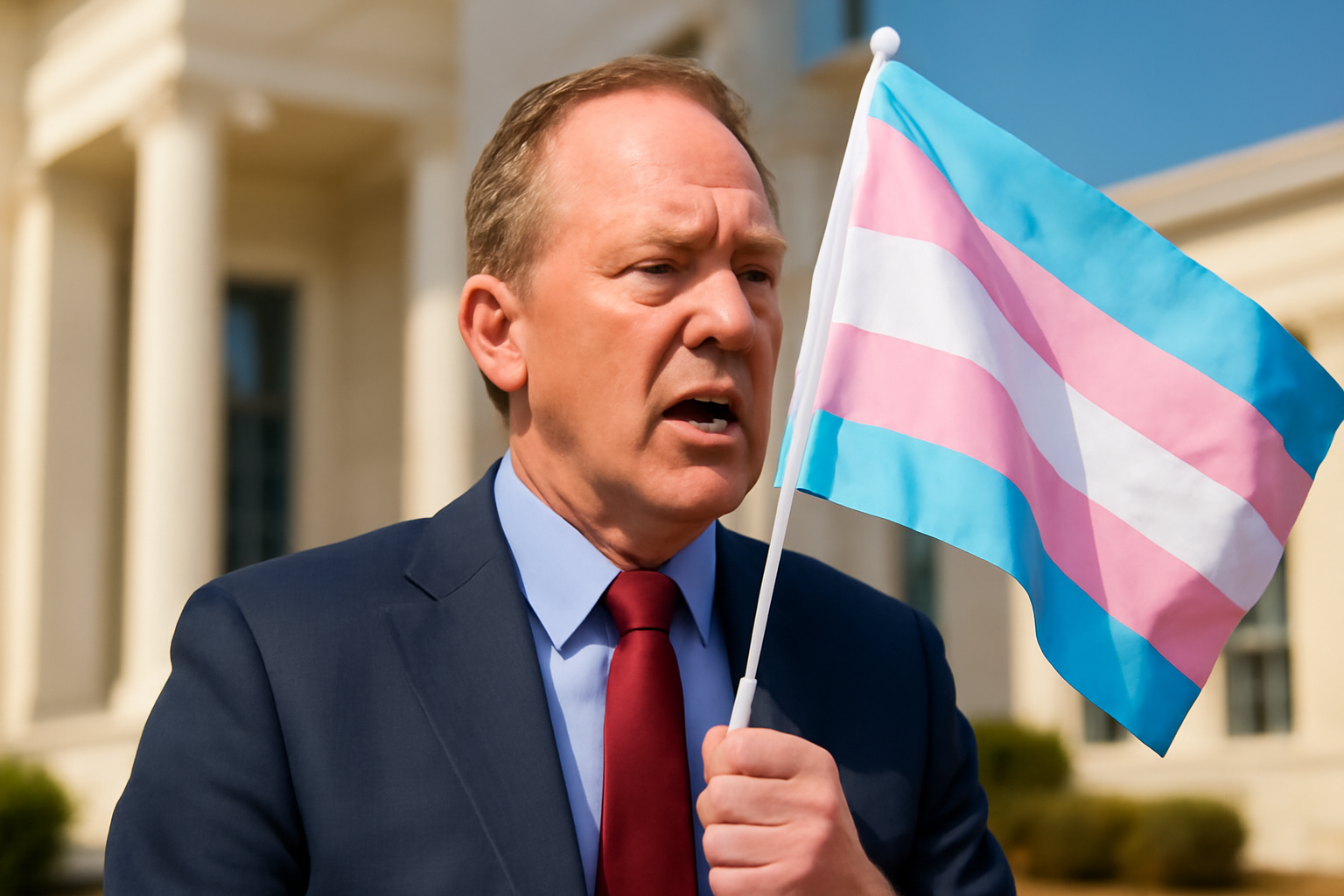
The legal landscape surrounding educational policies in Virginia is once again under scrutiny, as a high-profile legal organization has launched a campaign challenging the policies adopted by several school districts in support of transgender students. This action underscores the ongoing national debate concerning the rights and recognition of transgender individuals within the educational system.
Advocacy and Legal Action
This legal initiative aims to counter policies that have been implemented to create inclusive and supportive environments for transgender students. These policies often include allowing students to use bathrooms and locker rooms that correspond with their gender identity, as well as participation in sports teams that match their gender identity. The legal group argues that such policies are in conflict with their interpretation of privacy rights and parental involvement in education.
Many school districts in Virginia have adopted these measures in response to both state and federal guidelines, which encourage schools to ensure that all students, including those who are transgender, have equal access to a safe and supportive learning environment. These policies are part of a broader effort to reduce discrimination and harassment based on gender identity and to affirm the rights of transgender students.
Responses from the Community
The response from local communities, parents, and advocacy groups has been mixed. Supporters of the pro-transgender policies argue that these measures are necessary to protect the mental health and well-being of transgender students. They cite research indicating that transgender youth are at a higher risk for bullying, mental health issues, and suicide when they do not feel supported and affirmed in their identities.
Opponents, however, raise concerns about privacy and the rights of non-transgender students. They argue that allowing transgender students to use facilities that align with their gender identity could infringe on the privacy of other students. Some parents also contend that they should have a greater say in the development and implementation of these policies within schools.
Implications for Schools and Students
The legal challenges posed by this group could have significant implications for schools across Virginia. If the legal group is successful, schools may be required to revise their policies, potentially leading to a rollback of protections for transgender students. This could also set a precedent that might influence other states facing similar debates over transgender rights in educational settings.
For transgender students, the potential impact of these legal challenges is profound. School is a place where young people spend a significant portion of their lives, and feeling safe and accepted is crucial for their academic success and personal development. Policies that affirm their gender identity can make a substantial difference in their comfort and ability to thrive in the educational environment.
Broader National Context
This situation in Virginia is reflective of a broader national conversation about transgender rights, particularly in schools. Across the United States, there is a patchwork of policies and legal precedents that vary widely from state to state. Some states have comprehensive protections for transgender students, while others have sought to restrict their rights.
The debate over transgender rights in education is part of a larger cultural and political discourse that touches on issues of gender identity, civil rights, and the role of government in regulating educational policies. As this legal challenge progresses, it is likely to attract national attention and could influence policy decisions far beyond Virginia.
Looking Forward
As the legal proceedings unfold, school administrators, parents, and students alike are watching closely. Many hope for a resolution that upholds the rights of transgender students while addressing the concerns of all parties involved. Meanwhile, advocacy groups continue to work towards greater understanding and acceptance of transgender rights within the educational system, emphasizing the importance of inclusive policies for the well-being of all students.
The outcome of this legal challenge will have lasting implications for educational policy and the lived experiences of transgender students in Virginia and potentially across the country. It remains to be seen how these legal battles will shape the future of transgender rights in education, but the conversation is far from over.
Related Posts
Triumphant Trans Woman Wins Legal Battle and Inspires Others to Stand Up for Their Rights
Breaking new ground: a landmark victory in transgender rights After battling in courtrooms and enduring endless challenges, Diana Portillo, a transgender woman, has secured a monumental victory in her decade-long fight against workplace discrimination. The result? Nearly $1 million awarded in a historic settlement. But this isn't just a win on paper—it represents a powerful precedent in combati [...]
Pride Month in Latin America: Protests and Demands for Equality
**Celebrating Pride and advocating LGBTQ+ rights in Latin America** Pride Month in Latin America was a lively mix where celebration met activism. Communities united, not just throwing a party but making a stand—demanding equality and pushing governments toward better protection and rights recognition. Throughout Latin America, pride events erupted in marches and cultural displays, each with a c [...]
Transgender Erasure Actions Implemented by National Park Service
```html Trump administration's impact on national park service and transgender recognition The Trump administration made notable moves in undermining transgender representation, which included directing agencies like National Park Service not include "T" and "Q" when they refered “LGBTQ” in any official communication. This move seems part a broader plan by this administration aimed at reducin [...]